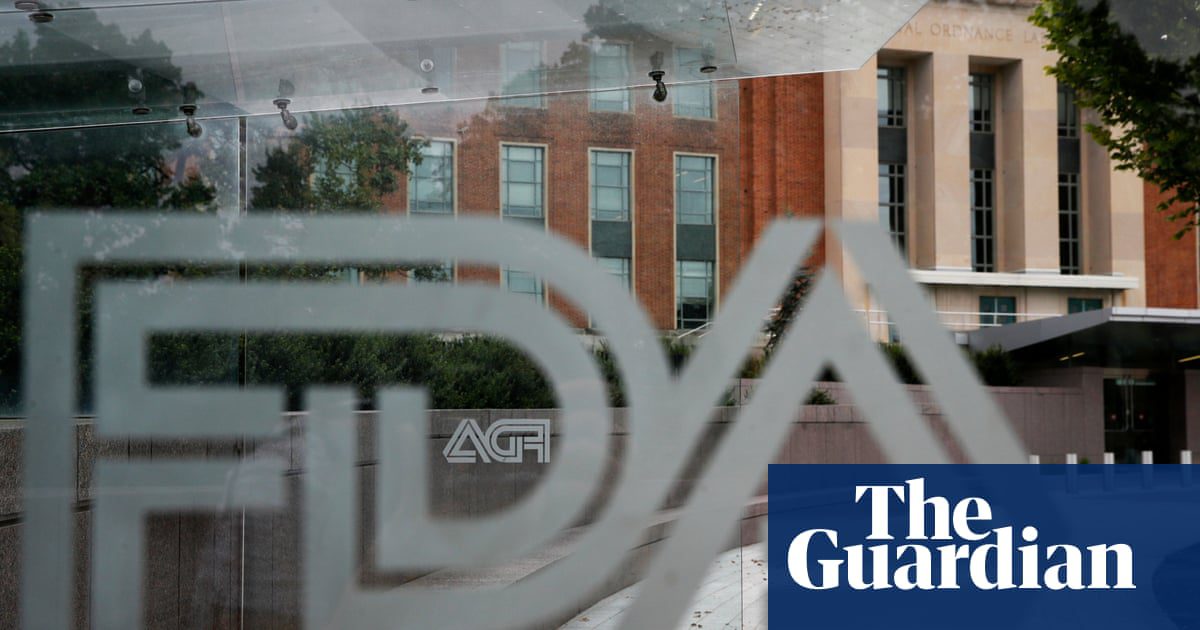
This weekend, the Trump administration’s initiative to reduce the federal workforce impacted the Food and Drug Administration (FDA), resulting in the termination of recently hired employees tasked with evaluating the safety of food ingredients, medical devices, and various other products.
On Saturday evening, probationary staff members at the FDA received notifications regarding their job elimination, according to three FDA employees who requested anonymity due to their lack of authorization to speak publicly to the media.
While the total number of positions affected remains uncertain, the layoffs seem to concentrate on staff within the agency’s centers responsible for food safety, medical devices, and tobacco products, which also includes the regulation of electronic cigarettes. It is still unclear whether employees involved in drug evaluations have been spared from these cuts.
On Friday, the U.S. Department of Health and Human Services (HHS) announced its intention to terminate 5,200 probationary employees within various agencies, which include the National Institutes of Health (NIH), the FDA, and the Centers for Disease Control and Prevention (CDC).
Sources who spoke to the Associated Press anonymously indicated that nearly 1,300 probationary positions at the CDC would be eliminated. However, as of early Sunday afternoon, around 700 employees had received layoff notifications. None of the CDC positions affected include those held by doctors and researchers within the Epidemic Intelligence Service, focused on disease tracking.
Based in the Maryland suburbs of Washington, D.C., the FDA employs nearly 20,000 personnel. The agency has faced scrutiny from newly appointed Health Secretary Robert Kennedy Jr., who previously claimed the FDA was waging a “war on public health” by denying approval for unverified treatments such as psychedelics and stem cell therapies.
Kennedy has also proposed the removal of thousands of chemicals and colorings from American food supplies. However, the layoffs at the FDA specifically target staff responsible for ensuring the safety of new food additives and formulations, according to an informed FDA employee.
A spokesperson for HHS did not provide immediate feedback on the developments by Sunday afternoon.
Significantly, nearly half of the FDA’s $6.9 billion budget is derived from fees paid by the companies it regulates, including pharmaceutical and medical device manufacturers. This funding allows the agency to employ additional scientists for faster product reviews. Therefore, eliminating these positions won’t lead to reduced government expenditure.
A former FDA official warned that cutting recent hires could have negative repercussions, as these positions are often filled by younger employees with contemporary technical skills. The agency’s workforce generally tends to be older, with many employees having spent 10 to 20 years at the FDA. The Government Accountability Office highlighted in 2022 that the FDA has historically struggled with recruitment and retention due to better compensation opportunities in the private sector.
Peter Pitts, a former FDA associate commissioner under George W. Bush, expressed the importance of attracting new talent, stating, “You want to bring in new blood… individuals with innovative ideas, enthusiasm, and modern technological insights.”
Mitch Zeller, the former FDA tobacco director, added that the layoffs could “demoralize and undermine the spirit of the federal workforce,” warning that these actions would inhibit the ability to attract and retain skilled professionals.
The FDA’s inspection staff has faced significant strain in recent years, especially following numerous departures during the COVID-19 pandemic. Many current inspectors are recent recruits, leaving uncertainty about whether these positions remain unaffected.
FDA inspectors play a critical role in overseeing thousands of food, drug, tobacco, and medical device facilities globally. Yet, reports indicated last year that the agency had a backlog of about 2,000 drug facilities that had not been inspected since before the pandemic began.
Furthermore, the agency has faced criticism for not responding swiftly to recent issues concerning infant formula, baby food, and eyedrop safety.









